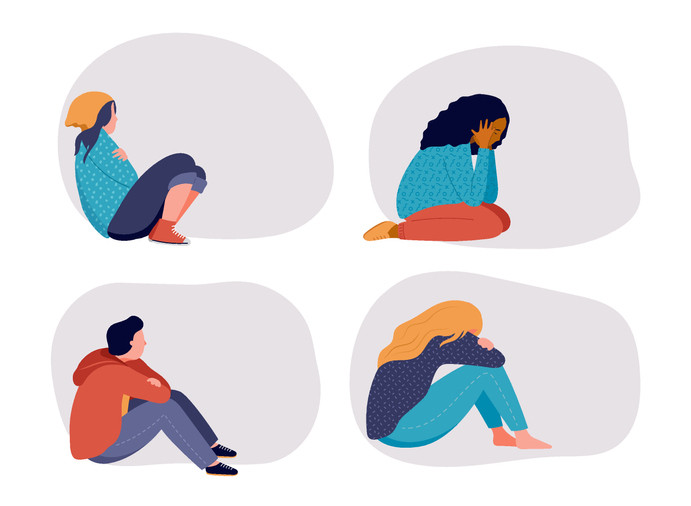Harmony Chen (9) | STAFF REPORTER
The golden rule that is taught to most, if not all people, is to be kind to others. Kindness, in turn, is perceived in acts of friendliness, generosity, and thoughtfulness. This can be through the exchange of pleasantries, expressing sorrow and sympathy, or lending a helping hand.
However, can acts of kindness be unconditionally pure and altruistic, or is there always some kind of underlying motive behind it?
To begin, it is critical to understand why people are kind to each other. Intrinsically, humans have empathy and care for the well-being of others, especially those close to us, because their happiness brings joy to ourselves as well. From this perspective, kindness does not seek praise; acts of selflessness are committed for the benefit of others, with the only reward being the positive impact it has on their beneficiary.
Furthermore, much of the fabric of society is glued together by kindness. For instance, non-profit organizations, such as food banks, are only able to run and thrive from the devotion of money, time, and knowledge of many people.
As an attractive quality that makes one more “likable”, being kind is a gateway to kindling profound relationships and social connections. It also builds a sense of purpose, making one feel proud and satisfied of their core values.
Inevitably, however, the controversy surrounding the purity of kindness emerges. Does real kindness exist? All acts of kindness stem from a reason. It may come from fear of harm, yearning to please, or the desire to create an illusion of oneself, to reinforce a false inner belief.
All of these motives will result in kindness, but they are superficial. Real kindness, on the other hand, is built on respect, and free of judgement. This form of kindness recognizes that the other person is an equal, that they are valued and understood.
Oftentimes, people deliver acts of kindness with an intent of personal gain, further blurring the line of what constitutes altruism. For example, in our present world of social media, many post videos of themselves performing kind acts, such as giving money or services to one in need.
Many believe that this defeats the purpose of kindness–with the right intentions, one should not feel the need to project it online. However, this does not devalue the action, as publicizing kindness and pure intentions are not mutually exclusive. Kindness is not a virtue that needs to be limited or performed silently in order to be genuine. Additionally, it inspires others to be kind, as kindness is often contagious.
In a nutshell, many forms of kindness are forced and ingenuine, yet there are also no limits to the sincerity of an act of altruism. At the end of the day, by basing our actions on respect and consideration, we are reinforcing the responsibility we have to others and ourselves in society. Together, we can help to build a world up, one kind action at a time.



